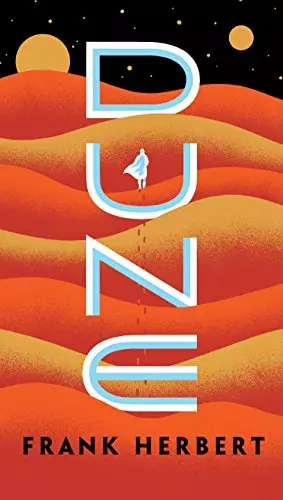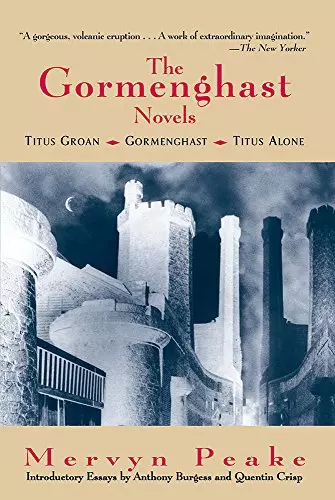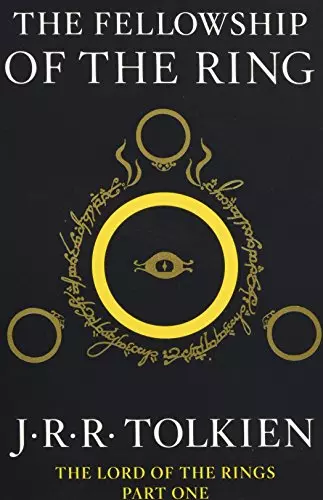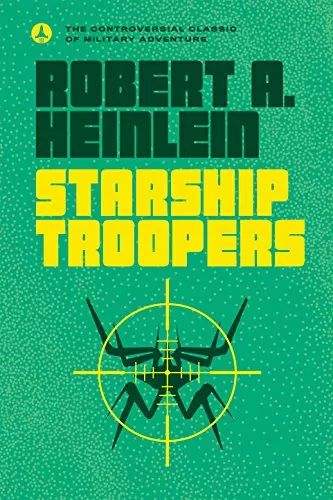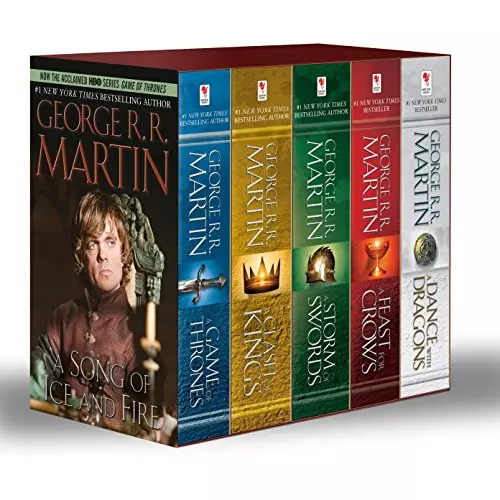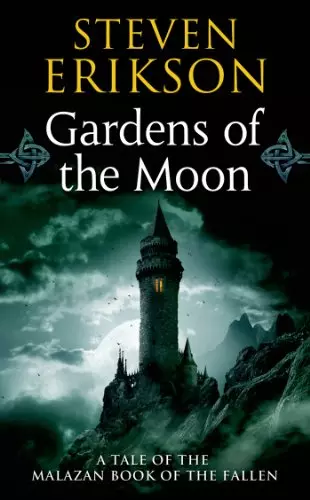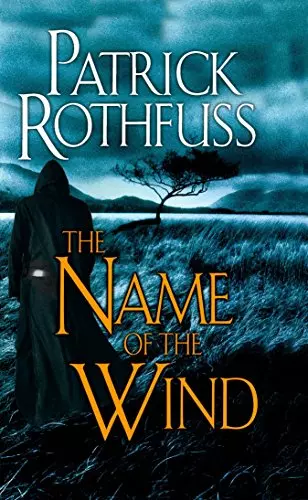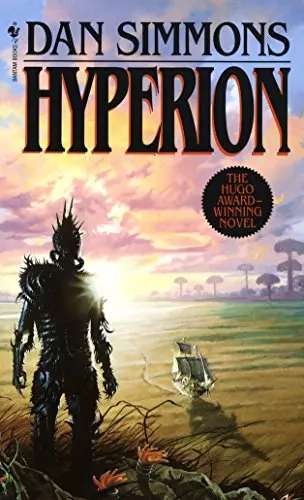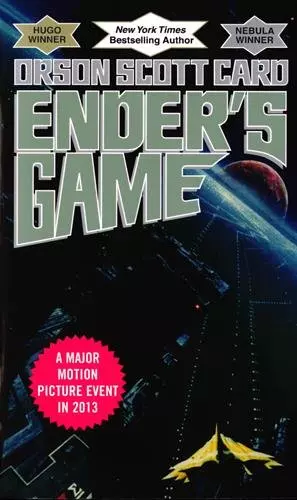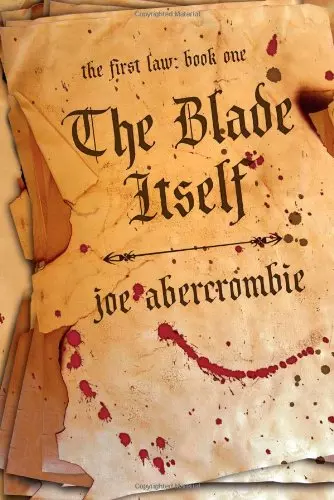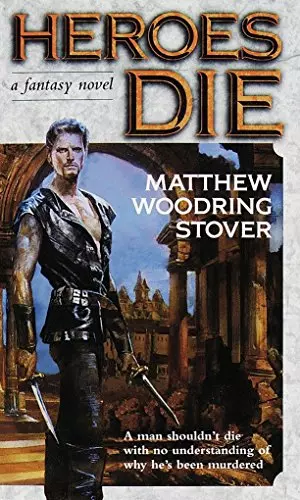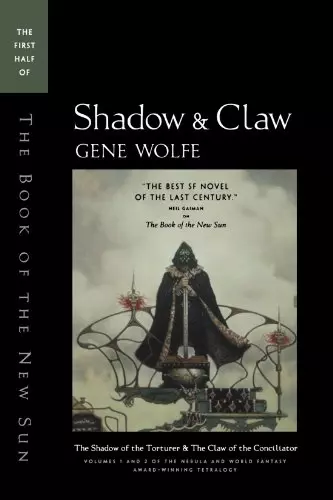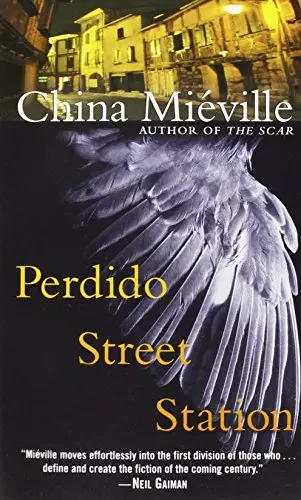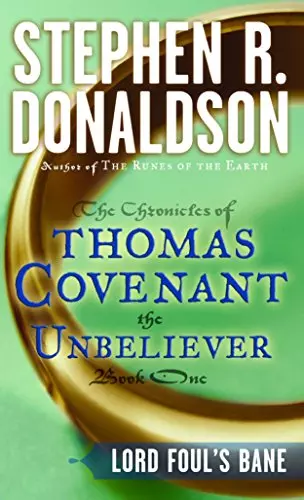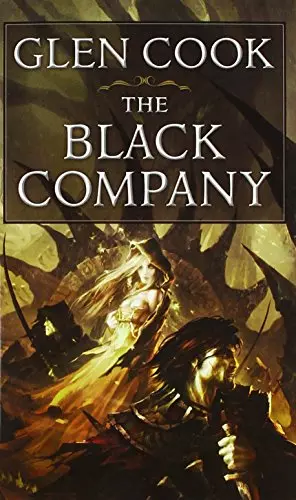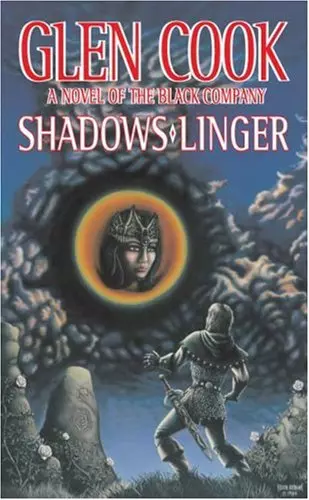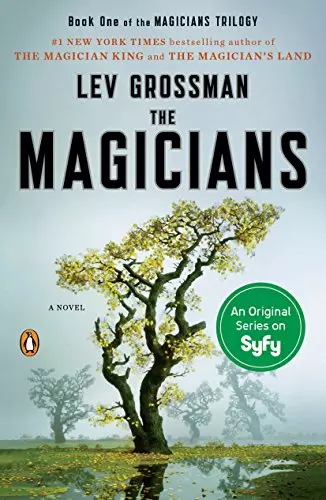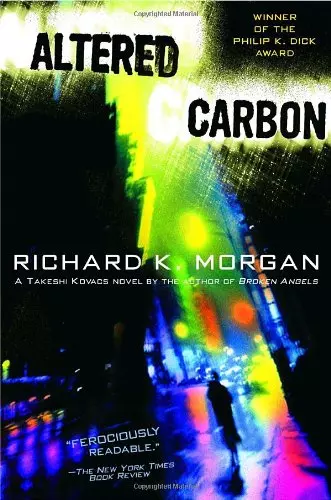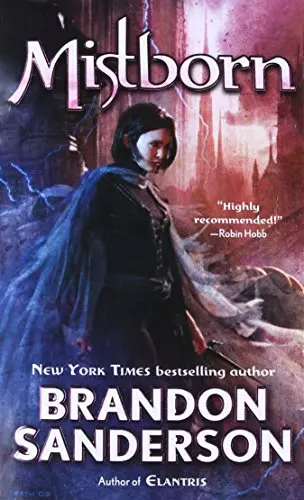Fantasy Books That Will Blow Your Mind
Fantasy That Changes You...
Occasionally, there are books that blow your mind; books that once you read, you never ever forget.
Perhaps it’s because the startling new ideas in the book find fertile ground in your mind, expanding your thinking process, or perhaps it’s because the characters are so unforgettable, the world so intriguing or plot so outstanding that the book sticks with you long after you've finished reading it.
Or maybe it’s a book that’s done something so outrageously bad that it leaves a permanent mark (or maybe more accurately, a scar) in your mind (we are going to aim for GOOD books on this list, not mindbogglingly bad ones, however). Whatever the case, these are those blow-the-fuck-out-of-your-mind books that will change your reading forever.
They might not be the 'best' ever books, but they do something marvelously unique in some way and deserve to be read by everyone who loves fantasy (or science fiction).
Ranked Fantasy Books
Trending Books in Fantasy Books That Will Blow Your Mind
Trending Fantasy Booklists
Best Fantasy Books 2025
The Must-Read Fantasy Releases of 2025 That Fans Are Devouring Worldwide
Top 25 Best Fantasy Books
Love fantasy novels? Hate wasting time reading trash? Then read this definitive guide to the top 25 Fantasy books in the genre.
The Best Sci-Fi Movies
The Best of the Best Science Fiction Movies
Top 50 Best Epic Fantasy
The Absolute Best Epic Fantasy Series
Top 10 Sci-Fi Movies That Make You Think
Top 10 Sci-Fi Movies That Make You Think
Top 100 Fantasy Books
The Top 100 Best Fantasy Books Ever Written

